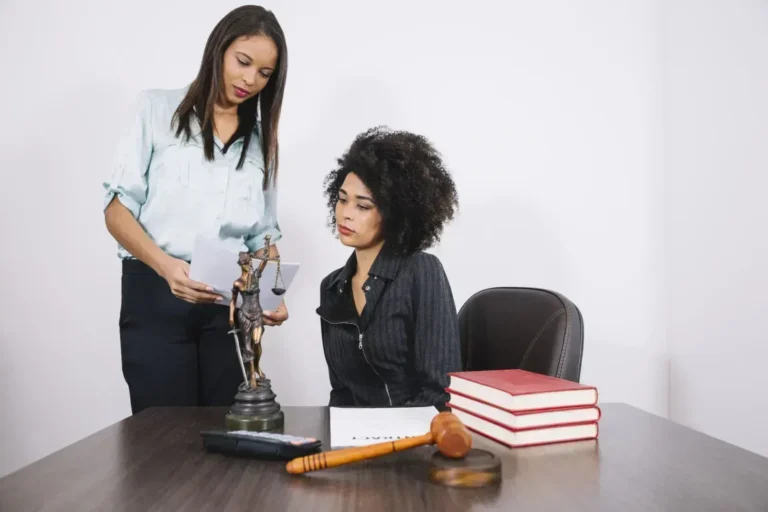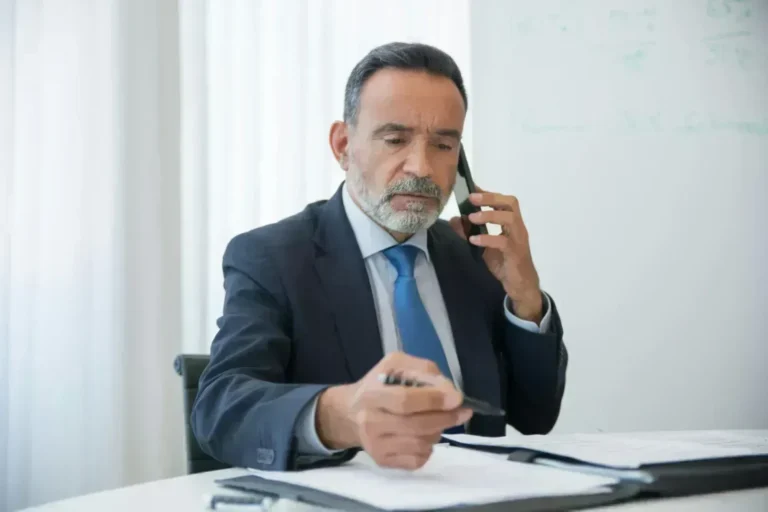Finding a Pro Bono Criminal Defense Lawyer
1. Finding a pro bono criminal defense lawyer can feel overwhelming, but it’s entirely possible with the right steps. Here at ReedsAndReeds, although we specialize in divorce law, we’ve gathered some essential tips to guide you. Whether you’re looking for eligibility criteria or specific resources, this article is crafted to help you get started on securing the defense you deserve. Dive in to discover how you can find free legal assistance and ensure your rights are protected.
As indicated in Legal Services Corporation, contact local legal aid organizations or public defender offices. Check your state or county bar association for programs that match lawyers with clients. Lastly, visit law schools for clinics that offer free legal help.
What is a Pro Bono Criminal Defense Lawyer?
A Pro Bono Criminal Defense Lawyer offers free legal defense to individuals facing criminal charges.
To cut a long story short, pro bono lawyers help people who can’t afford a private attorney and who don’t qualify for a public defender. These lawyers volunteer their time and skills to make sure everyone gets a fair trial and access to legal help. They work with all sorts of clients, such as those charged with minor or major crimes, young offenders, and people involved in drug or violent crimes.
At the base, pro bono criminal defense lawyers handle many tasks, like doing legal research, negotiating plea deals, representing clients in court, and fighting for their clients’ rights. Their work is important because they make sure that everyone, no matter how much money they have, can get justice. By offering their time and legal knowledge for free, these lawyers ensure that everyone gets a fair chance in court.
How to Locate Organizations Offering Pro Bono Services
You can discover organizations providing pro bono services by exploring online search engines and specialized directories.
Primarily to find free legal help, you can try the following:
- Look at websites or platforms that list organizations or law firms providing free legal services.
- Visit the websites of local bar associations, legal aid societies, and nonprofit groups. They often have lists of places offering free legal help.
- Ask your local courthouse or legal clinic for recommendations. They might know about legal clinics, pro bono programs, or legal aid offices. If you think about it,
- Talk to people who have received free legal help or connect with community groups. They might have useful tips on where to find such services.
- Check with nearby law schools or universities. Many have clinics where law students, supervised by experienced lawyers, offer free legal services.
By using online searches, talking to local legal organizations, and networking with your community, you can find places that provide free legal help.
Qualifications to Receive Pro Bono Legal Help
As highlighted before to qualify for pro bono legal help, you must meet specific criteria established by the providing organization.
Broadly speaking, to qualify for free legal help, you usually need to show that you have a low income or are facing money problems that prevent you from hiring a lawyer. You might also need to prove that your case is worth pursuing and that you can’t get legal help elsewhere.
To outline briefly, some groups may have specific rules depending on the type of legal issue you have. It’s best to contact the organization directly to find out if you qualify for their help. Remember, they usually offer free services to those who need it most, so give them all the details about your situation to increase your chances of getting assistance.
Tips for Finding a Pro Bono Criminal Lawyer
Summarizing earlier points, contacting local legal aid clinics or public defender offices is a key step to finding a pro bono criminal lawyer, who can provide free legal representation to those in need.
In basic terms, they can help you find resources and services. You should also contact bar associations or law schools to get referrals for free lawyers. Think about going to free legal clinics or community events where you can meet lawyers who offer free services.
To put it simply, make sure you have all the documents and details about your case ready when looking for a free lawyer. Finally, don’t hesitate to ask for help and keep looking until you find a free criminal lawyer who can assist you.
Questions to Ask a Potential Pro Bono Lawyer

Repeating what we found out before, ask a potential pro bono lawyer about their experience, qualifications, and availability to ensure they have successfully navigated similar cases before.
To outline briefly, find out what specific type of law they handle and how many free cases they’ve worked on before. Ask about their success rate with these cases and if they have any references or testimonials from past clients.
Broadly speaking, it’s also a good idea to talk about how you’ll communicate, where you’ll meet, and how long your case might take. Be clear about any possible costs or fees. By asking these questions, you can make sure you’re choosing a skilled and committed pro bono lawyer who can effectively represent you.
Rounding it Up
Echoing our earlier comments in conclusion, finding a pro bono criminal defense lawyer can be a daunting task, but with the right resources and determination, it is possible.
What ReedsAndReeds is encouraging the use of is, by reaching out to local legal aid organizations, bar associations, and law schools, individuals in need can connect with experienced professionals who are willing to provide legal assistance at no cost. Don’t hesitate to seek help and explore all available options.







